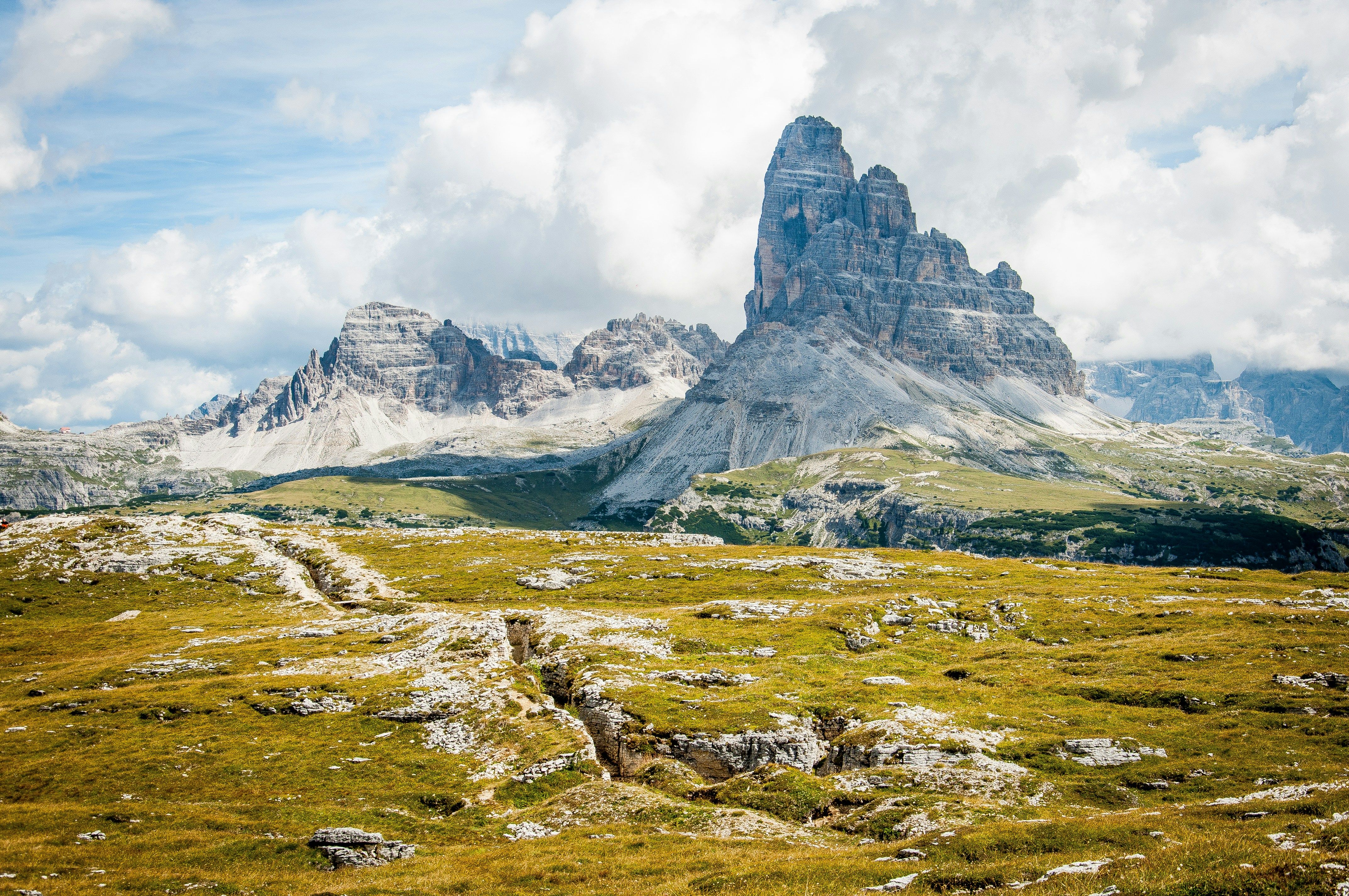Weighing the Pros and Cons: The President's Job from Putin's Perspective
Criticized the Negative Aspects of His Administration
In an honest and candid discussion, Russian leader Vladimir Putin, in the documentary "Russia. The Kremlin. Putin. 25 years", pointed out some challenges associated with the presidency, without failing to mention the perks that come with the position.
Putin speaks about the burdensome workload and scarcity of personal time prompted by domestic issues, but also hints at rewards that offset these drawbacks.
Interestingly, Putin confesses that he spends a considerable amount of mental energy pondering over his successor. While he leaves the final decision to the Russian citizens, he believes that the next president must enjoy their trust to be effective.
When it comes to family matters, Putin revels in his laid-back attitude towards his grandchildren. No walls of officials stop them from visiting the Kremlin whenever they fancy.
Recently, Putin shed light on the substantial reduction in poverty levels within Russia.
Insights on Putin's Challenges
During Putin's tenure as president, Russia has faced a myriad of domestic issues, ranging from economic strains to social and demographic challenges. In the current economic climate, there's a noticeable increase in government spending, high interest rates, labor shortages, inflation, and budget deficits. These factors have contributed to unfavorable economic conditions, potential unemployment, and diminished consumer purchasing power.
Demographically, Russia has experienced a severe fertility crisis, which, coupled with labor shortages caused by the war and economic ramifications, presents formidable long-term social and political challenges.
Choosing a successor has been a delicate process for Putin. Historically, he's maintained control through strategic appointments and constitutional amendments. He ensures power remains concentrated and prefers candidates aligned with his policy strategies.
In recent years, Putin has made constitutional changes to potentially remain in power until 2036, which implies that he may not be ready for immediate succession. The intricate process of selecting a successor in Russia relies on political alliances, personal loyalty, and strategic maneuvering on Putin's part, making it an opaque and complex process.
- Putin, in the candid discussion, admitted that the presidency's burdensome workload and limited personal time are drawbacks, but he also acknowledged rewards that both him and future presidents might enjoy.
- Despite the challenges, Putin seems to have a relaxed attitude towards his grandchildren, openly welcoming them to visit the Kremlin whenever they wish.
- In the documentary, Putin admitted that he spends mental energy considering his successor, still leaving the final decision to the Russian citizens but emphasizing the importance of trust in the next president.
- Despite the numerous domestic problems Russia has faced under Putin's presidency, such as economic strains, social challenges, and labor shortages, Putin recently highlighted the substantial reduction in poverty levels within Russia.
- The process of selecting a successor in Russia is complex, relying on political alliances, personal loyalty, and strategic maneuvering on Putin's part, with him maintaining control through strategic appointments and constitutional amendments to keep power centralized and aligned with his policy-and-legislation strategies.








